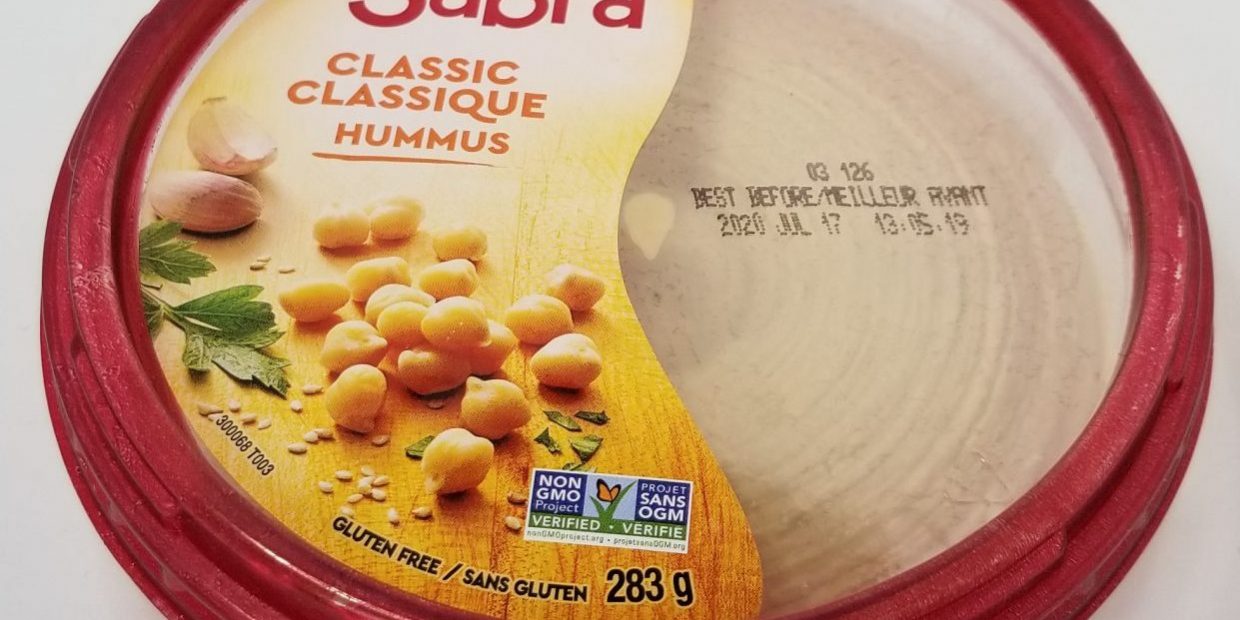Sabra Hummus Review
Today, I’m taking a look at Sabra Classic Hummus. Interestingly, after mentioning my review I’m doing on TikTok, one of the comments from a fellow TikTok’r was that Sabra’s hummus was not ‘real hummus’ and Sabra’s brand supports Israeli apartheid.
First, I’m from Canada, and I’ll admit I’d never heard, nor do I understand fully what Israeli Apartheid is yet. I’ve done a bit of research and well, one thing is for sure, it’s political. Food can be political, and in the case of this hummus brand, this has been the case. In Canada, we don’t have the kind of issues other places in the world experience; call us sheltered.
So, in looking at this hummus, not from a political position today.
Maybe some other day when I understand more about the politics of certain foods… But, today I ‘just’ want to dive into what is in it. So, what is in this hummus?
Ingredients: Cooked Chickpeas, water, tahini (ground sesame), soybean oil, garlic, salt, citric acid, potassium sorbate.
This product is a product of the U.S.A.
The only ingredient I am NOT on board with 100% personally is the potassium Sorbate.
What is it? And, why don’t I want to consume it if I can avoid it?
Quoted from Healthline:
“Potassium sorbate is a chemical additive. It’s widely used as a preservative in foods, drinks, and personal care products. It is an odorless and tasteless salt synthetically produced from sorbic acid and potassium hydroxide.
Potassium sorbate prolongs the shelf life of foods by stopping the growth of mold, yeast, and fungi. It was discovered in the 1850s by the French, who derived it from berries of the mountain ash tree. Its safety and uses as a preservative have been researched for the last fifty years. The U.S. Food and Drug Administration (FDA) recognizes it as generally safe when used appropriately.”
As mentioned in Healthline’s article, “when you eat potassium sorbate as a food additive, it passes through your system harmlessly as water and carbon dioxide. It does not accumulate in your body. The maximum acceptable daily intake for humans is 25 milligrams per kilogram (mg per kg)” to err on the side of caution. Yet, what if you consume a lot of foods with it, can you overdo it and what are the side effects? Usually, headaches and a tummy that’s upset and rarely a person can be allergic to it. To date, this preservative is widely used as it stops the growth of mold, yeast, and fungi, thereby prolonging the shelf life of the food.

I love writing health-related articles that are useful & informative, plus doing interviews with those in the industry who have a great message, product, or service to share.







